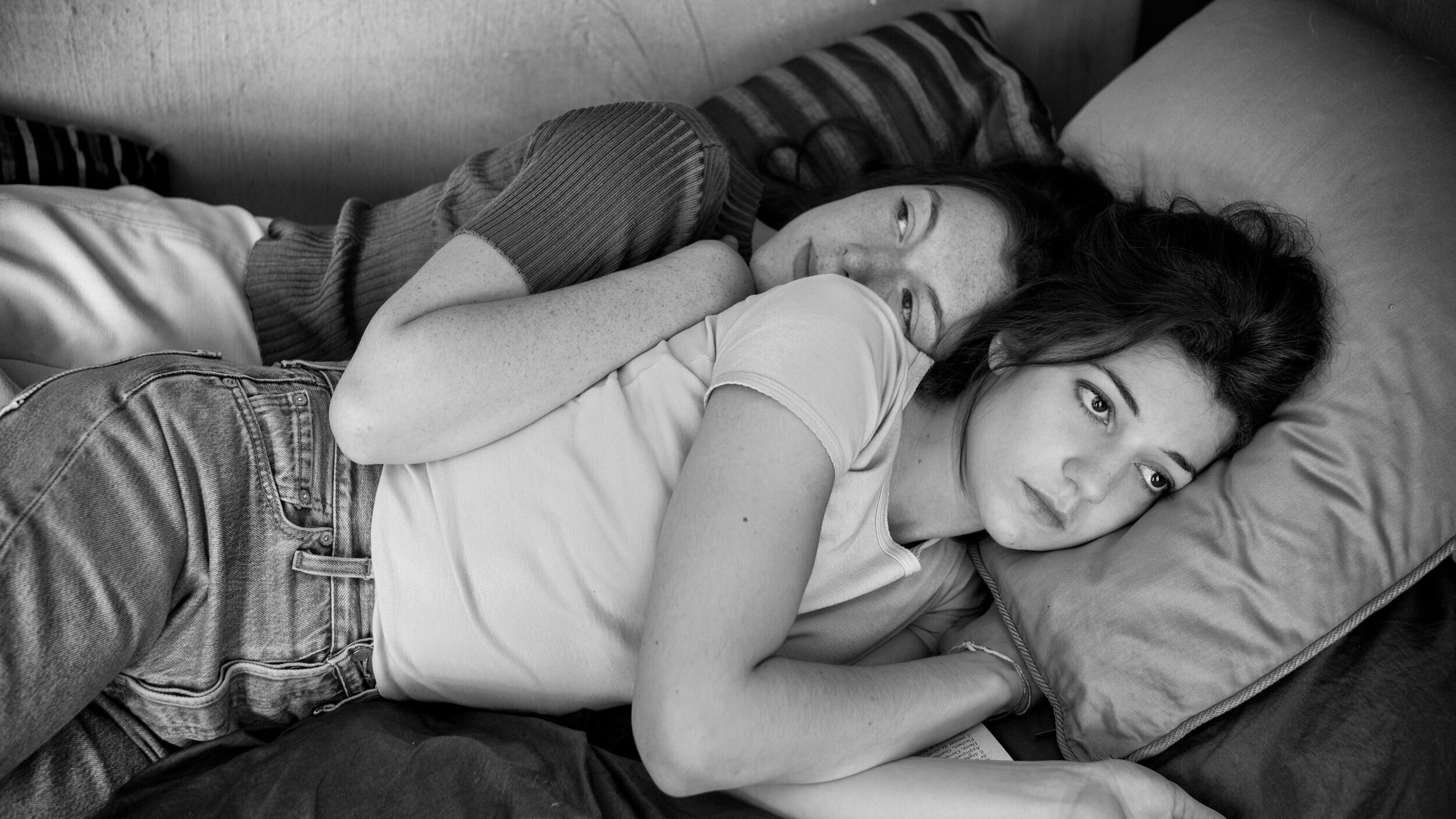Lover for a Day
A decidedly French study of intimate relationships in today's world.
Philippe Garrel is truly a veteran of French cinema. Born as long ago as 1948, he made his first feature in 1967 and, both as writer and director, he has been prolific ever since. Nevertheless, his films have rarely been released here and, when approaching this new piece of his, I was expecting something akin to the one previous work of his that I had seen, the 2005 film about les evénéments, Regular Lovers. That piece authentically captured the spirit of France in 1968 but did so at such excessive length (some three hours) that it came to feel self-indulgent and boring. In the circumstances, Lover for a Day, although working within limitations, is something of a revelation.
It appears that, despite standing alone without difficulty, Lover for a Day is the last in a trilogy of small-scale films each one lasting about an hour and a quarter. The tale told in it is centred on three main characters. First, there is Jeanne (Esther Garrel) who is initially seen in a distraught state because her relationship with a youth named Mateo (Paul Toucang) has broken up; next we have Jeanne's father, Gilles (Eric Caravaca), to whom she turns and who is a philosophy teacher; finally we meet Gilles's live-in girlfriend, a student named Ariane (Louise Chevillotte), who is about the same age as Jeanne herself.
Highly significant is a statement made by Jeanne early on in the film when, instead of suggesting that Mateo has been taking advantage of her, she claims that it is love itself that has played her. Garrel's film written by two women and two men (one of the latter being Garrel himself) goes along with this: it shows how love, with its desires and jealousies, drives all of the characters here whether consciously or subconsciously often leading to lies and deceit. In this connection, full weight is given to Jeanne's claims on her father and to both the sympathy and rivalry that co-exist in the relationship between the two women. Although Garrel is the filmmaker, there is in fact a strong sense of this being a work expressed from a female perspective.
The film's portrayal of all this is very, very French in tone. Some of the best elements in Regular Lovers recur: they include an apt use of fine black and white photography and scenes of serious conversations both of which remind us of the early work of Godard, a director much admired by Garrel. It is also the case that the quality of the acting is a full defence against any charge of nepotism based on the fact that Garrel's son Louis starred in Regular Lovers while his daughter Esther plays Jeanne here.
But - and this is the crucial distinction - the sense of concise construction so markedly absent from Regular Lovers is central to the impact of Lover for a Day featuring as it does short sequences and fades to black that bring to mind Bresson's Pickpocket (1959). That is so despite the fact that quite naturally God does not feature here, even if a female narration spoken by Laëtitia Spigarelli suggests an omniscient figure who knows the characters inside out and could be their creator. Lover for a Day does not attempt a wider canvas and not all viewers will be attracted to its chosen territory. But on its own terms this is a work of some quality that is strongly individual, a film that has its own signature yet is also part and parcel of a national cinema which provides the blood that flows through its veins.
MANSEL STIMPSON
Cast: Eric Caravaca, Esther Garrel, Louise Chevillotte, Paul Toucang, Félix Kysyl, Michel Charrel. Nicolas Bridet, Marie Sergeant, Raphaël Naasz, Justine Bachelet, Christian Bouillette, Laëtitia Spigarelli.
Dir Philippe Garrel, Pro Saïd Ben Saïd and Michael Merkt, Screenplay Arlette Langmann, Jean-Claude Carrière, Caroline Deruas and Philippe Garrel, Ph Renato Berta, Art Dir Manu de Chauvigny, Ed François Gedigier, Music Jean-Louis Aubert, Costumes Justine Pearce.
SBS Films/Arte France Cinéma/Arte France/Centre National du Cinéma et de l'Image Animée-MUBI.
76 mins. France. 2016. Rel: 19 January 2018. Cert. 15.


